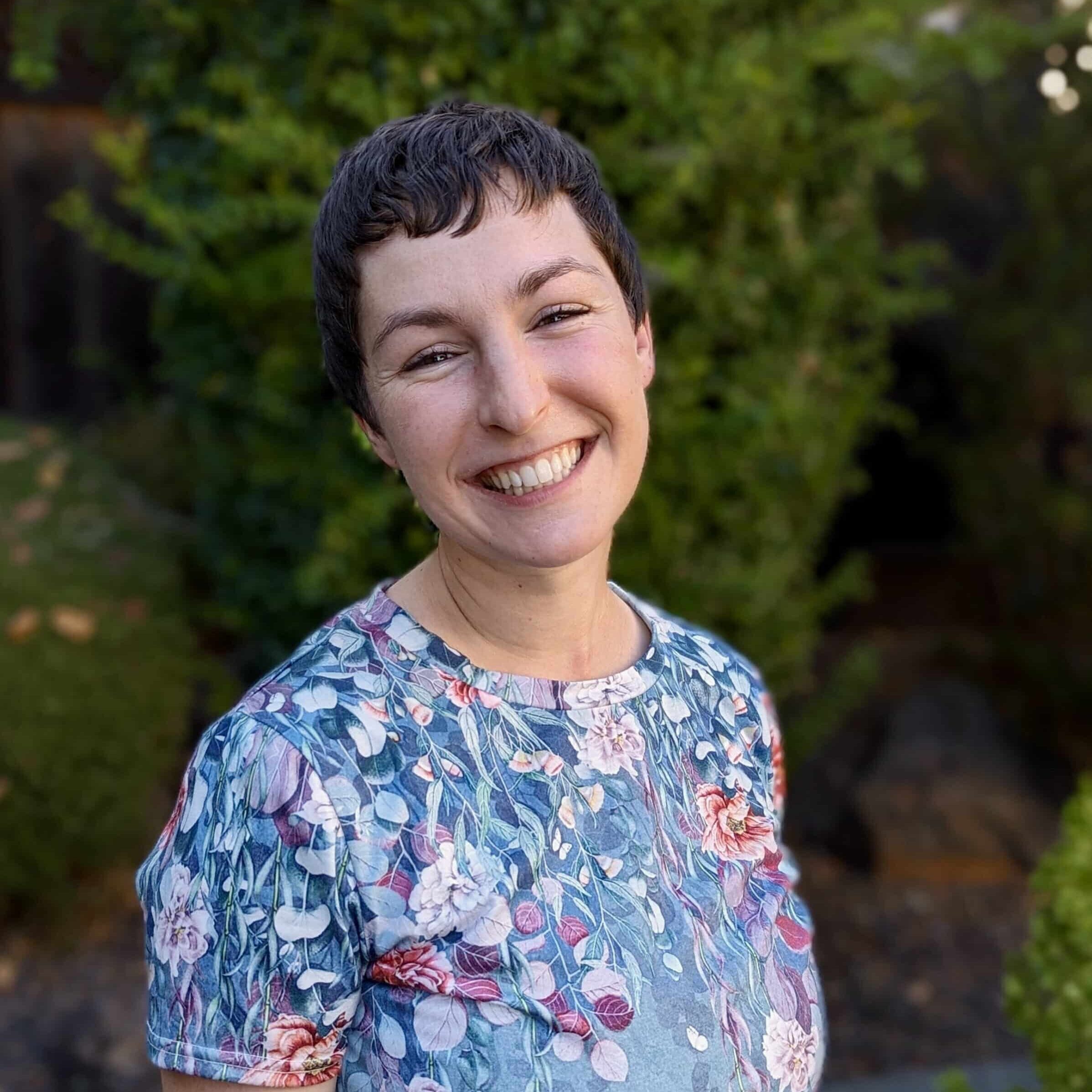What are Mood Disorders?
Mood disorders are a form of mental illnesses that directly affect how we feel and think about ourselves, others, and, in some cases, even life in general.
These disorders have different types:
Depressive Disorders
In general, depressive disorders result in:
- Loss of pleasure in most or all activities, affecting quality of life
- Less energy, trouble sleeping, trouble concentrating,
- Changes in appetite
- Lack of interest in life
- Feeling tired most of the time
- Feelings of worthlessness or guilt
- Being in pain
Types of Depressive Disorders
The main types of depressive disorders include:
Major depression: Having less interest in normal activities, feeling sad or hopeless, and other symptoms for at least two weeks and often more than four weeks.
Dysthymia: This is an ongoing (chronic), low-grade, depressed, or irritable mood that lasts for at least 2 years.
Seasonal affective disorder: Occurs typically with a change of season. Low mood
Persistent depressive disorder: Long-term depression that causes feelings of sadness, emptiness and often hopelessness
Disruptive mood dysregulation disorder: Used for children and teenagers. Constant, serious and lasting testiness with frequent temper outbursts that are not consistent with the age of the child
Bipolar Disorders
Bipolar disorders involve periods of depression alternating with periods of mania or a higher mood. The main types include:
Bipolar I disorder: Constantly elevated mood (manic episode) lasting for at least one week. Affects your overall ability to function and increases likelihood of having risky behavior.
Bipolar II disorder: Constantly elevated moods (hypomania) lasting at least four days and less than one week. There may be risky behaviors, but usually, hypomania does not greatly affect your ability to function but others will notice all is not well.
Cyclothymia: Shifts from emotional highs to emotional lows that can affect your ability to function. Less extreme than with Bipolar I or II disorder.
In addition, there can also be:
- Mood disorders linked to another health condition which can trigger symptoms of depression
- Substance-induced mood disorders where symptoms of depression may be caused by drug or alcohol abuse.
A mood disorder can negatively affect your ability to function normally, influencing how you feel, and think, with serious consequences in all aspects of life
Mood Disorders in Children and Adolescents
About 3% of children and teens between the ages of 3 and 17 have depression. It’s more common in teens than children. About 1 in 5 teens have been diagnosed with major depression.
Children’s mental health is very vulnerable to the environments they are brought up in. Mood disorders often begin in early childhood or adolescence. And early onset is linked to more severe symptoms and a greater risk of occurrence later in life.
The National Child Traumatic Stress Network considers that when a child feels intensely threatened by an event he or she is involved in or witnesses, the event is considered a trauma. There is a wide range of traumatic events or types to which children and adolescents can be exposed.
Studies of trauma in children and its relationship with mood disorders in early adulthood showed that all types of trauma were associated with both major depression and bipolar disorder, with the exception of sexual abuse, which was only associated with bipolar disorder.
Moreover, family history of psychiatric illness was also associated with mood disorder in adulthood and with childhood trauma.
Mood disorders in children can have a pronounced disruptive effect on their academic performance,and on social interaction and negatively impact adolescent and young adult mental health.
How Mood Disorders Affect Adulthood
Depression is one of the most common mental illnesses worldwide, and approximately one in five people will develop depression in their lifetime with women being nearly twice as likely to be affected.
Adults who experienced childhood maltreatment and trauma have an increased risk of mental health issues including mood disorders, particularly depression. They typically face more challenges with functioning in society, developing and maintaining social relationships, finding and maintaining employment and having a satisfying life.
In addition, studies show that there is an association between childhood trauma and:
- Bipolar disorder beginning at an earlier age
- Increased risk for suicide attempts
- Co-occurring substance misuse
Symptoms and Signs
Symptoms of Depression in Children
- Mood changes. A child might seem sadder or more irritable than usual, and they feel this way most of the time.
- Lack of interest in fun activities
- Low energy levels or general tiredness
- Negative self-talk or low self-esteem. Saying negative things about themselves.
- Feeling worthless
- Eating more or less than usual.
- Trouble sleeping or sleeping too much
Symptoms of Depression In Teens or Adults
- Overwhelming feelings of sadness or grief
- Loss of interest in taking part in previously enjoyed activities
- Difficulty concentrating or making decisions
- Avoiding other people
- Decline in school performance
- Loss of desire for sex
- Feeling guilty all the time
- Sleeping more or less than usual
- Eating more or less than usual
- Feeling extremely irritable and angry
- Thinking about death or ending my life
Symptoms of Mania In Teens or Adults
- Excessively high or elevated mood
- Racing thoughts
- Really energetic; can’t stay still
- Talking more quickly than usual
- Feeling little need for sleep
- Feeling extremely irritable or angry
- Optimistic about everything, even when others aren’t
- Making quick decisions often without thinking them through
- Spending money more quickly
- Change of sexual habits
- Having a lot of plans
- People seem to have a hard time understanding me
- Extremely short attention span
Available Treatment in Utah
There are a range of available treatment providers and facilities in Utah that work with mood disorders and provide cognitive-behavioral therapy (CBT) among others, family therapy, and play therapy for children. In addition there are community-based support groups for parents and caregivers to provide help and guidance with mood disorders.
At Corner Canyon Health Centers, we provide individually tailored treatment plans for each client, including individual and group therapy. If you or a loved one would like to participate in our programs, reach out to us to discuss or book an appointment.

Sources
Trauma Types. National Child Traumatic Stress Network.
Jansen, K. et al. 2016. Childhood trauma, family history, and their association with mood disorders in early adulthood. Acta Psychiatr Scand. 2016 Oct;134(4):281-6. doi: 10.1111/acps.12551. Epub 2016 Jan 30.
Aas, M. et al. The role of childhood trauma in bipolar disorders. 2016. Int J Bipolar Disord 4, 2 (2016). https://doi.org/10.1186/s40345-015-0042-0












